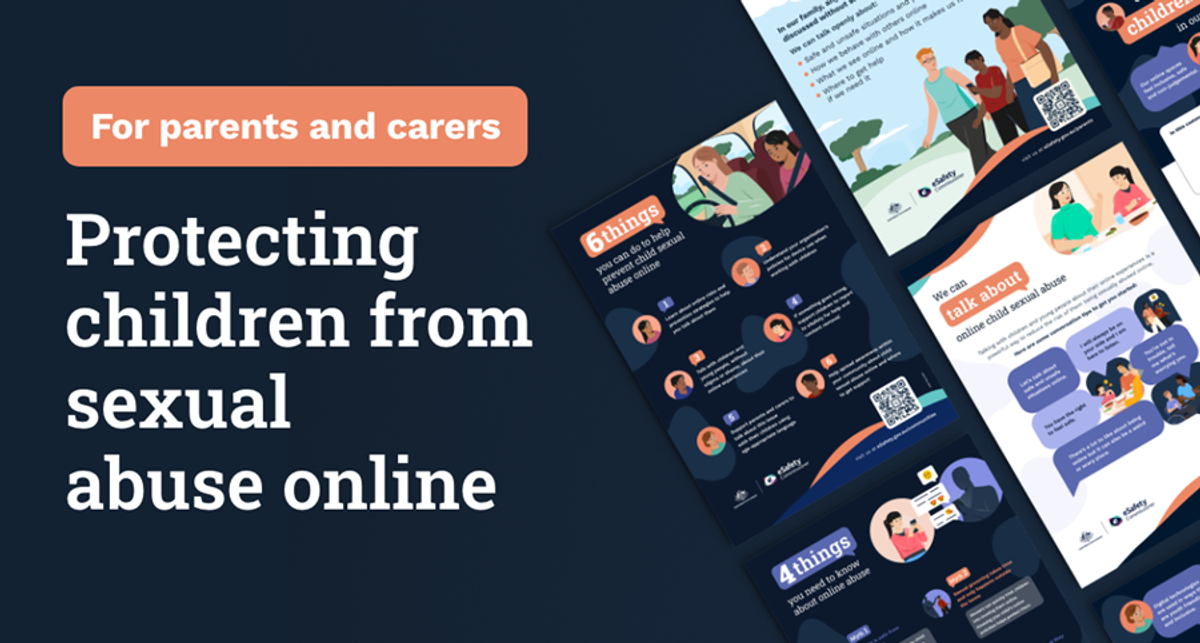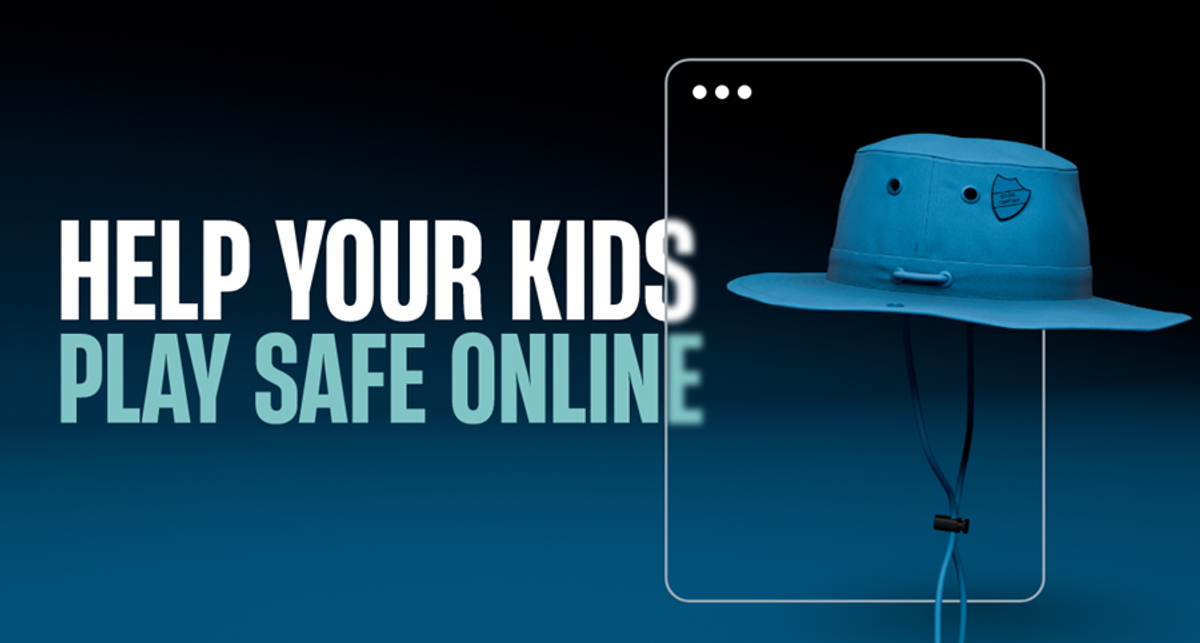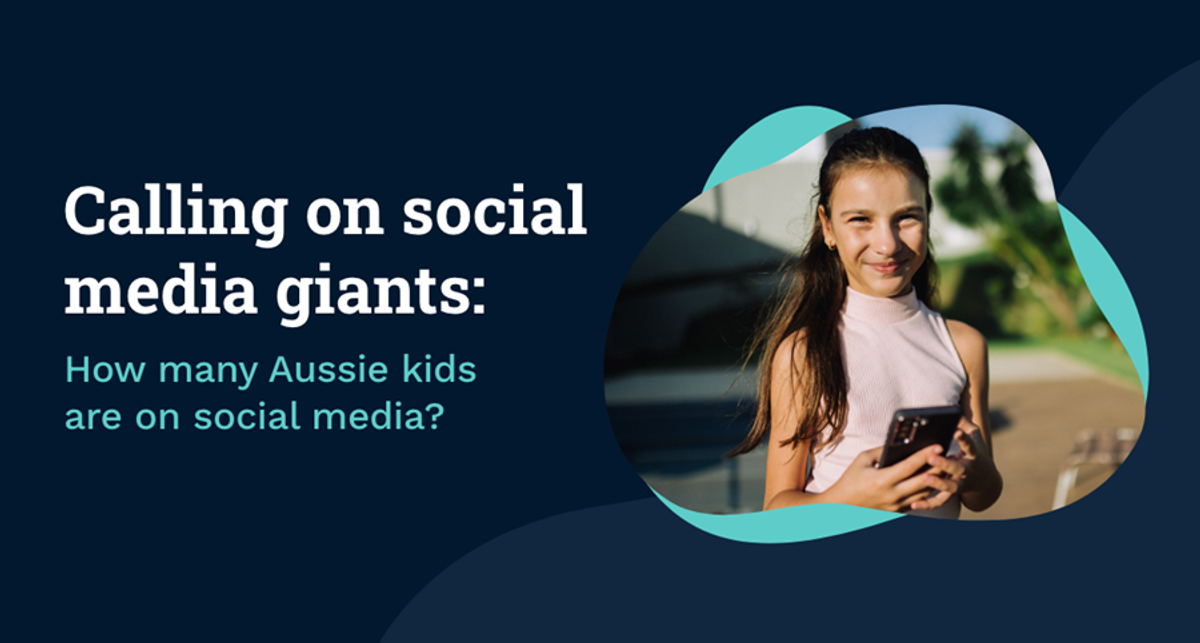eSafety Resources
e-safety Commissioner

eSafety Resources
e-safety Commissioner
It’s National Child Protection Week, and this year’s theme, “Every Conversation Matters”, is a timely reminder of how powerful everyday chats with children can be – especially when it comes to their online lives.
The online world offers incredible opportunities but also has its share of risks we need to educate children about. Think of it like teaching a child to ride a bike. You wouldn’t send them off without practice or a helmet. The same goes for the online world – we need to ensure children are prepared and protected before they start navigating it on their own.
A growing concern in Australia and around the world is child sexual abuse online. It’s a tough topic, but it’s one we need to address head-on. This issue is affecting children of all ages, showing up in different ways like non-consensual sharing of intimate images, tech-facilitated child sexual abuse, sexual extortion and the grooming of a child with the intention to abuse them online or in person.
With 11% of teens aged 14-17 reporting they’ve been solicited sexually online, it’s more important than ever to create environments where children feel safe to speak up – whether they’re at home or school.
So, what can you do? The good news is that as parents, carers and educators, you can take practical steps to make a real difference. Our research shows that when we strengthen the support systems around children, we give them the best chance to stay safe online.
To help you get started, in this edition you’ll find:
Together, we can ensure children have the support they need to explore the online world safely. Let’s make every conversation count this National Child Protection week – and beyond.


Feeling overwhelmed by the online world your child is growing up in? You’re not alone. Whether your child is starting to explore the internet or is already a tech-savvy teen, it’s natural to worry about who they’re connecting with online and whether they’re safe. Just like you wouldn’t let your child dive into a pool without first teaching them how to swim, it’s important to teach them about online safety before they’re in too deep.
Today, we’re highlighting our new resources specifically designed to help address the growing concern of child sexual abuse online. Here’s some steps you can take to protect your child:
Use our new resources – We know this topic can be difficult to navigate, so we’ve developed new resources to help. Our tools guide you through key actions, like discussing who your child connects with online and staying aware of how they use their devices. You’ll find practical tips, videos and conversation starters to make these conversations easier.


You know the “no hat, no play” rule about sun safety in the playground? The same applies to the digital playground – let’s make sure children are protected before they connect and play online.
This National Child Protection Week, you can help your students stay safe online by registering for one of our Virtual Classroom webinars. These sessions will help your students recognise online red flags, identify safe and unsafe behaviours and learn strategies to handle harmful situations online:


Our new initiative for parents is focused on empowering families to feel confident about keeping their children safe online by using our parent resources. Starting today, you might spot some ads on social media promoting this initiative. We encourage you to join the conversation by sharing it with your family, friends, or school community and checking out our parent resources.
Go to eSafety Parents resources


As you’ve probably noticed from what we’ve shared in this newsletter, keeping kids safe online is one of our top priorities. That’s why we’re asking social media platforms and messaging services YouTube, Facebook, Instagram, Snap, TikTok, Reddit, Discord and Twitch to tell us how many Australian children are using their services and how they’re enforcing age limits.
These requests are part of the Government’s recently updated Basic Online Safety Expectations Determination, which expands the areas eSafety can ask industry to report on, increasing transparency and accountability of tech companies when it comes to safety.
“We are having a really important conversation in this country right now about the potential damaging effects social media might be having on our children.” says eSafety Commissioner Julie Inman Grant. Understanding how many children are on these platforms, how they’re being protected, and ensuring underage children don’t gain access is crucial in these discussions.
These companies have 30 days to respond, and we’ll be sharing what we find out.

